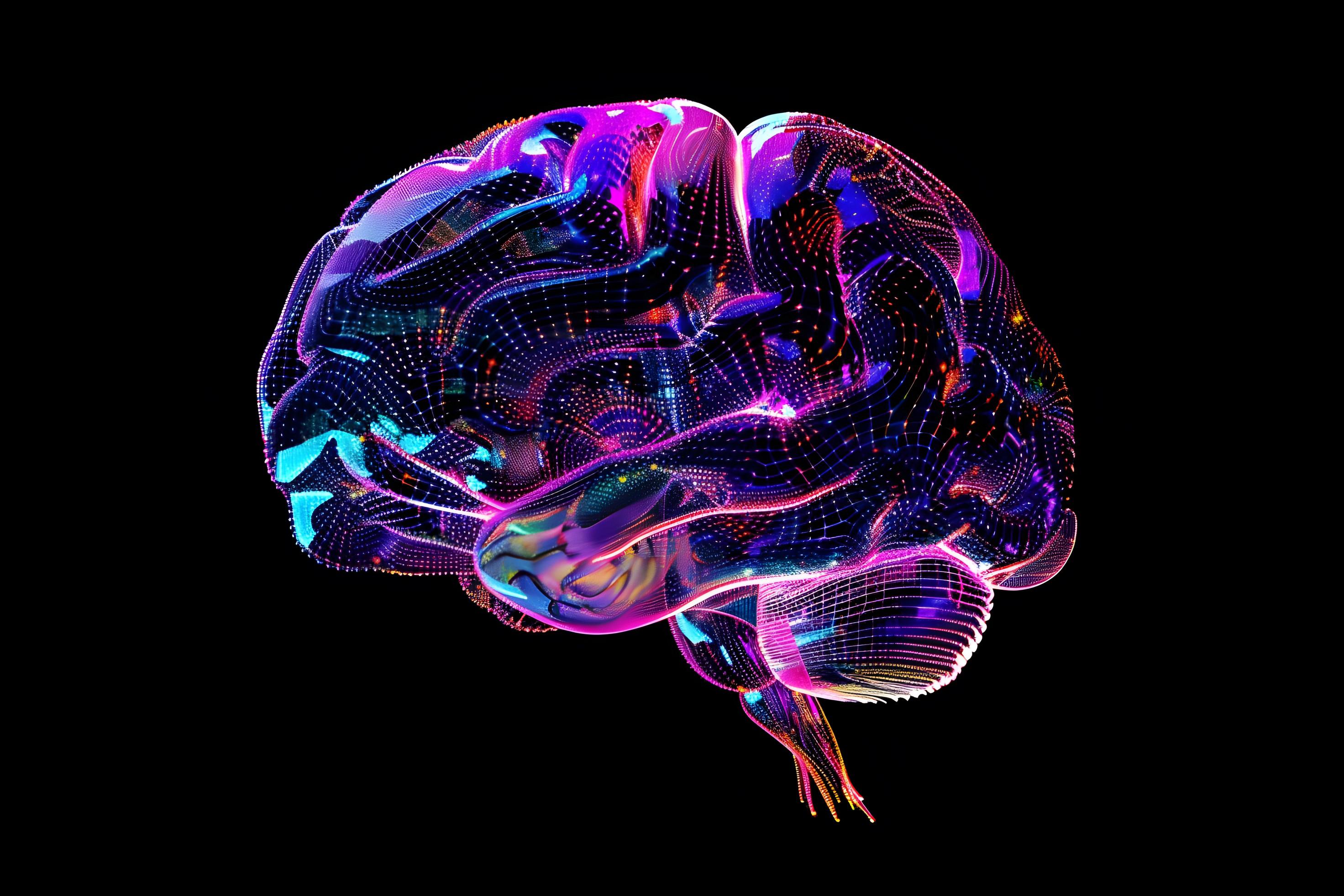College of Arts and Sciences Student Research Support Fund
Spring Term 2024 Student and Faculty Mentor Projects



Qualitative analysis of ~50 Pennsylvania Department of Corrections files for incarcerated adults with autism spectrum disorder (ASD) to identify their trends in incarceration pathways.
Undergraduate student researcher: Viktor Cannon
Research mentor: Clare Strange, Assistant Research Professor, Criminology and Justice Studies



Our team uses a re-purposed tabletop, undergraduate-laboratory detector to measure energy deposition of through-going muons. Muons are elementary particles produced by a variety of sources including atmospheric interaction. If the energy of such a muon is below about 160 million electron-volts (MeV), the muon is "captured" in the detector and decays into an electron (a "Michel" electron) and two other elementary particles called neutrinos. We are interested in measuring and characterizing the energy spectrum of these Michel electrons and comparing the distribution with results from larger detectors.
Undergraduate research student: Elias Gkouveris
Research mentor: Jessie Goldman, Assistant Teaching Professor, Physics



Translate into English 225 family letters from 1930-1941 Poland that say unread for the past 75 years. The letters were written by family members murdered in the Holocaust. These priceless, historical documents are crucial for documenting the Holocaust and for capturing the vanishing art of letter writing. Researchers help annotate, classify, preserve and find ways to exhibit the letters, both online and in a physical space.
Undergraduate research students: Yuade Harmon, Christina Ing Research mentor: Harriet Millan, Associate Teaching Professor Emeritus, English and Philosophy



The goals of this project are to (a) characterize how people vary in the structure of their “spontaneous thoughts” (i.e., thoughts that occur naturally and involuntarily); and (b) explore how the content and form of spontaneous thought relates to mental health outcomes (e.g. depression, anxiety). Students will study participants in a laboratory performing cognitive tasks, experience sampling protocol, and a set of surveys.
Undergraduate research students: Swetha Rao, Ben Barsky Research mentor: Aaron Kucyi , Assistant Professor Emeritus, Psychological and Brain Sciences



How are algorithms—primarily artificial intelligence-- used in decision-making to support medicine and healthcare? This project investigates the sociological aspects of how medical researchers and clinicians use AI-assisted software to construct models based on patient data, and the strategies that clinicians use in order to build trust into these models. This project is examines how trust, care-taking, and safe-guarding are constructed into digital systems.
Undergraduate research student: Eshel Ahmad Research mentor: Mary FE Ebeling, Professor, Sociology



Students work to understand how invertebrate consumers promote important ecosystem functions, such as carbon cycling, in human-impacted environments through two research projects.
• Researchers seek to understand how crab detritivores affect the development of ecosystem services in restored and created tidal marshes along the mid-Atlantic and northern Gulf coasts.
• Researchers seek to understand how invertebrate detritivores affect leaf litter decomposition along an urbanization gradient in Philadelphia.
Undergraduate research student: Rachel Jean-Charles Research mentor: Shelby Rinehart, Assistant Professor, Biodiversity, Earth and Environmental Science



Researchers use laser photolysis to induce cell sickling, and monitoring it with scattered light from the same laser. This lab work is done on an optical table, with microscopic optics, and will allow sensitive analysis of the effects of sickle cell therapies.
Undergraduate research students: Angelique Attencio, Neetika Mishra Research mentor: Frank Ferron, Professor, Physics



The goal of this set of experiments is to use a type of non-invasive brain stimulation (transcranial Alternating Current Stimulation, or tACS) with Concurrent EEG to examine the impact of increasing different kinds of oscillations for creative thinking. Experiment 1 is focusing on alpha- and gamma-band oscillations. Experiment 2 will focus on theta-band oscillations over different regions of the brain involved in creative thinking.
Researchers gain hands-on experience with data collection, analysis, and dissemination of results in various settings--as well as being part of a lab culture.
Undergraduate research student: Sevinch A Rakhmonova
Research mentor: Evangelia Chrysikou, Associate Professor, Psychological and Brain Sciences



“Teaching
In preparation for a 2024 release, students assist with book research, citations and marketing.
Undergraduate research students: Isabel Petry, Lena Tran
Research mentor: Kathleen Volk Miller, Teaching Professor, English & Philosophy



Promoting multispecies justice can involve various arts and storytelling. In campaigns to preserve American herds of free-roaming horses, visual storytelling aims beyond the documentary. Rather, it aspires to provide a more-than-representational means to intervene in the world, by rendering injustices toward nonhuman animals visible, sensible, and public; by establishing wild horses’ claims to justice as sentient beings with distinctive personalities, agendas, and interpersonal attachments to friends and family while also, at times, prefiguring more hopeful futures of living well together.
We examine the role of visual storytelling in wild horse advocacy, both its strengths and its shortcomings.
Undergraduate research student: Kasey Shamis
Research mentor: Christian Hunold, Professor, Politics



Researchers examine the cognitive demands of driving and to determine whether these demands vary by neurologic diagnosis (neurologically healthy, traumatic brain injury, multiple sclerosis, etc.). The long-term goal of this work is to enhance safety by informing clinical driving assessments and transportation policy, enabling more targeted recommendations based on the specific cognitive factors that influence driving.
Research mentor: Maria Schultheis, Professor, Psychological & Brain Sciences



Refinery Air Watch offers radical access to air monitoring data from oil refinery fencelines by building and maintaining data infrastructures, analyzing air quality data, interacting with residents of fenceline communities to understand how data infrastructures and analyses can be designed to help them develop recommendations to improve relevant public policies. Researchers help analyze data, assemble new datasets and conduct literature reviews to help prepare the group's findings for publication.
Undergraduate research students: Rina Notani, Karli Faraldo
Faculty mentor: Gwen Ottinger, Professor, Politics


